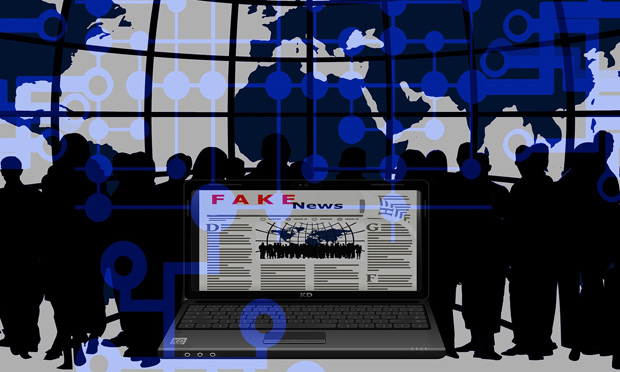Now Reading: Fear vs. Logic in Decisions
-
01
Fear vs. Logic in Decisions
Fear vs. Logic in Decisions

Every day, people make choices influenced by both logic and emotion. Fear, in particular, can override rational thinking, leading to decisions that may not align with long-term goals. In India, including Tier 2 cities, individuals often face situations where fear—of failure, social judgment, or uncertainty—can dominate, affecting career, finance, and personal life. Understanding the balance between fear and logic is crucial for better decision-making.
Fear triggers the brain’s instinctive responses. When faced with risk, people may react impulsively, avoiding challenges or opportunities even when the logical choice points to potential gain. This instinct is designed for survival but can hinder progress in modern life.
Logic, on the other hand, involves deliberate thinking, weighing options, and considering outcomes. Decisions based on reason allow individuals to navigate risks effectively and achieve objectives, but excessive reliance on logic without acknowledging emotions can lead to indecision or inaction.
Social and cultural pressures also influence the fear-logic dynamic. In smaller cities, where community opinions carry weight, fear of judgment can outweigh rational choices. Peer influence, family expectations, or financial concerns often tilt decisions toward safety rather than growth.
Awareness and reflection help manage the balance. Pausing to evaluate why a decision feels threatening and examining facts versus assumptions can reduce fear-driven impulses. Combining emotional insight with rational analysis improves outcomes and builds confidence in decision-making.
In conclusion, fear and logic are intertwined in human choices. Recognizing how fear affects judgment, especially in Tier 2 cities, allows individuals to make informed, balanced decisions that align with goals while managing risks effectively.

























